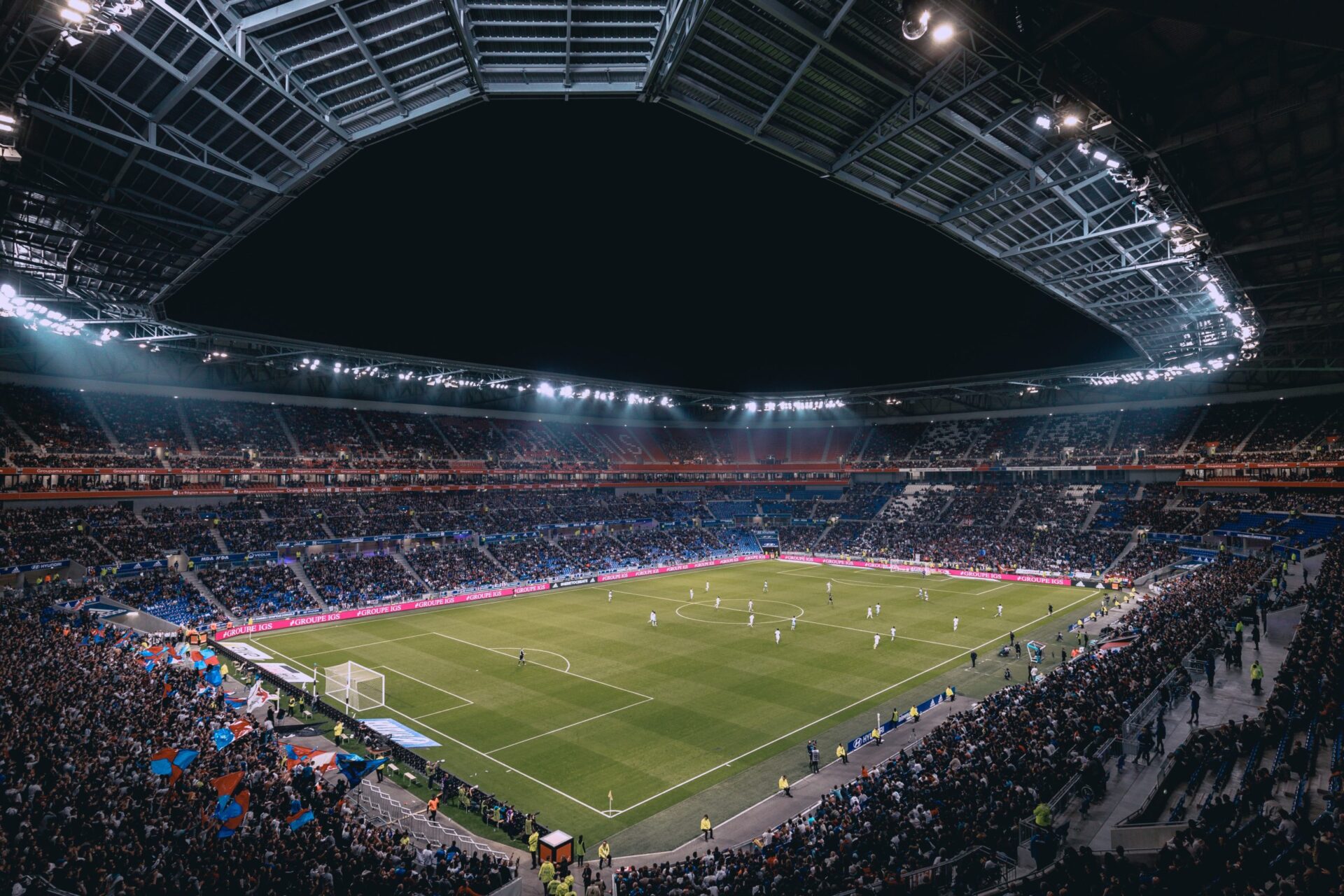To PR or not to PR: that is no longer a question in modern football

By Tarik Salih, Financial Services Senior Account Executive, Aspectus Group
If the last few seasons of Premier League football has taught us anything, it’s that PR is alive and, quite literally, kicking.
Football is becoming far less about results than it is about how these results are perceived by the game’s key stakeholders – namely, the media and fans. In many respects, it’s a subjective sport but the onset of social media in the last decade has magnified the role of perception.
Take the toughest job in football, management, as an example. Almost a decade ago, Sam Allardyce, one of the Premier League’s longest serving managers observed: “I won’t ever be going to a top-four club because I’m not called Allardici, just Allardyce”, suggesting that foreign managers are favoured over English managers. And he has a point. Despite achieving multiple promotions with mediocre squads, pioneering Bolton into a top eight side for four consecutive seasons, and never suffering relegation, he has never managed a top side – something which arguably many other less qualified Premier League managers have achieved.
Even if manager PR isn’t a tangible thing, there is no doubt it affects coaches’ job prospects. In other words, like many English managers, Allardyce has a PR problem.
This is largely a symptom of owners becoming astutely aware of the role that perception and PR play in the modern game. So much so that, in recent years, it is guiding many on-and-off the field decisions, whether rightly or wrongly. Appeasing fans through an offensive, sexy style of play, a big name signing, and a witty social media team are (in many cases) trumping the importance of a long-term, considered, and purely football-focused strategies.
Top-flight football has highlighted another thing: PR needs to be done right. In a Times article, pundit and ex-footballer Gary Neville, recognises that PR and social media are a big part of the game but argues that it is often at the expense of authentic emotion, a fundamental pillar upholding the sport: “some of these tweets and posts are diversion tactics. You feel manipulated reading them and this is meant to be football, not… [an attempt to control] the narrative.”
But controlling the narrative doesn’t have to be a way of manipulating or deceiving fans. It should rather be a way of effectively communicating the club’s vision, avoiding confusion and the inevitable frustration. That’s effectively what PR is in the modern age: that everything you do, and everything you say, must hang together as a coherent whole so that key messages and values are consistently communicated over time.
If done correctly, both footballers and managers can become effective communicators who can connect with millions of fans through their social channels. The growing presence of even the most old-school pioneers on social media, including Jose Mourinho and Pep Guardiola, highlights their recognition that PR is an important factor in the modern game.
The need for effective communications and PR in football is at an all-time high. Overall, it reveals that PR remains a powerful tool which exists in many walks of life, even if its presence is not immediately obvious.
Related News
-

Getting AI to train your spokespeople
June 27, 2025 -

25 years of TradeTech – the good, the bad and the road ahead
May 19, 2025